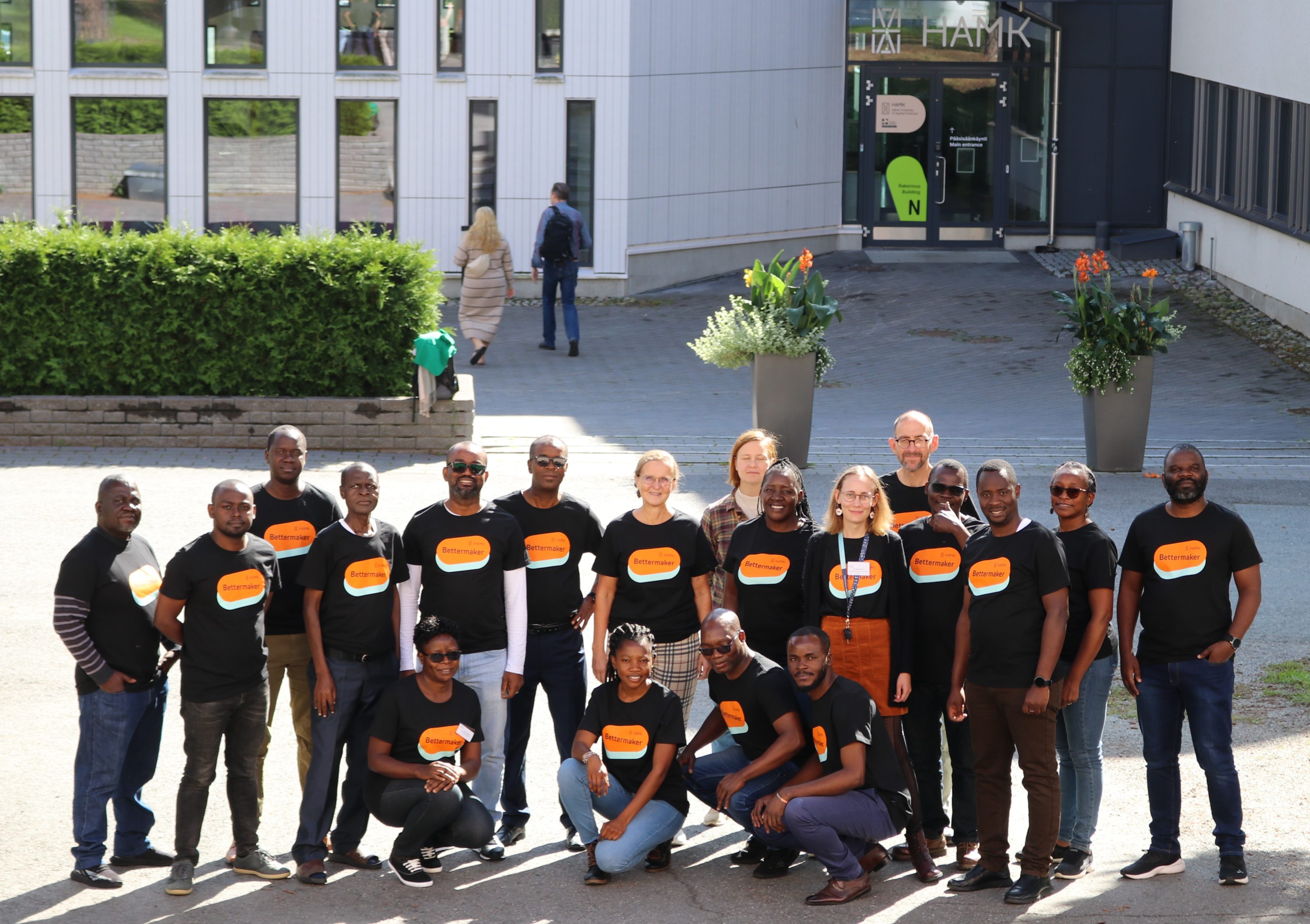
AgrGROW
Climate-Smart agropreneurhsip Education for Livelihood and Sustainability in East Africa

Project information
| Project | Climate-Smart agropreneurhsip Education for Livelihood and Sustainability in East Africa |
| Duration | 2023–2026 |
| Partners | Regional Universities Forum for Capacity Building in Agriculture (RUFORUM), Häme University of Applied Sciences (HAMK), University of Copenhagen (Denmark) |
| Funders | Erasmus+ CBHE |
| Budget | 890 310 € |
Climate-Smart Agricultural Entrepreneurship Training for Livelihoods and Sustainable Development in East and Southern Africa
AgrGROW enables student-centered learning at higher education institutions, the creation of a network-based learning ecosystem, and the practices of climate-smart agricultural entrepreneurship. The project implements PBL (Problem-Based Learning) and climate-smart agricultural entrepreneurship training, and the methodology is piloted and contextualized through students’ online and fieldwork activities.
Theme areas:
- Utilizing new curricula for climate-smart agricultural entrepreneurship.
- Improving the adoption of student-centered teaching and learning methods by utilizing problem-based learning.
- Collaborating with a network-based learning ecosystem involving higher education institutions and societal partners in the context of East and Southern Africa.
- Students benefiting from PBL teaching methods and participating in the development of a contextualized PBL methodology.
Target group
Agricultural Entrepreneurs in Africa
Operating area
Malawi and Uganda
More information
Agricultural entrepreneurship is extremely important in Malawi and Uganda for two key reasons. First, there is untapped development potential in the production and processing of agricultural products and services that can address job creation crises. Second, agropreneurship based on the circular economy is a crucial leverage point in addressing the global climate change challenge. Agricultural entrepreneurs, in particular, have the potential to develop next-generation solutions to these challenges in innovative ways.
However, Malawian and Ugandan graduates, like other sub-Saharan African (SSA) graduates, often lack the 21st-century key skills necessary for systematic thinking, entrepreneurship, and expertise in climate-smart agriculture. Problem-based learning (PBL) is an effective research-based methodology widely used by HAMK (Häme University of Applied Sciences) and UCPH (University of Copenhagen) in international development work. PBL integrates the complexity of real-world problems into curriculum implementation, helping students develop problem-solving and critical thinking skills essential for entrepreneurial decision-making.
AgrGROW facilitates student-centered learning in higher education institutions, the creation of a network-based learning ecosystem, and the practices of climate-smart agricultural entrepreneurship. AgrGROW organizes PBL and climate-smart agropreneurship training, and the methodology is piloted and contextualized through students’ online and fieldwork activities.
Student Challenge experience
© Jeremi Vahtera
Follow us on social media!
Check out HAMK’s social media channels focusing on research!
Contact information
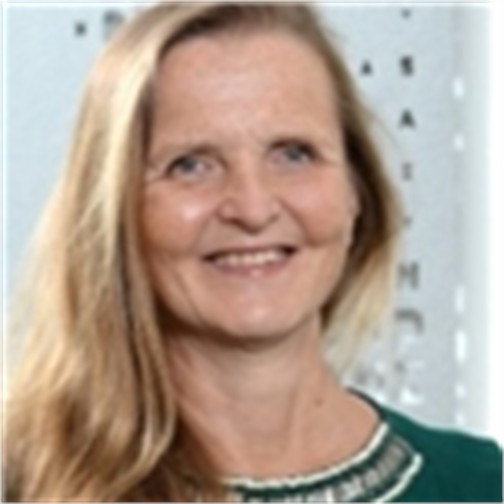
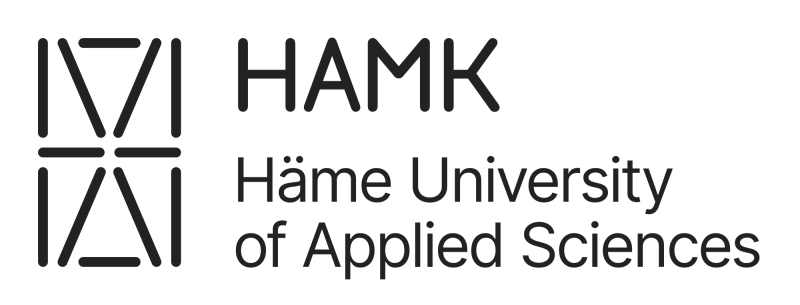
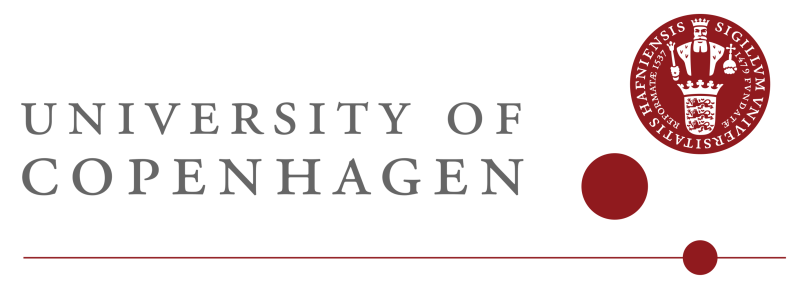

You might also like
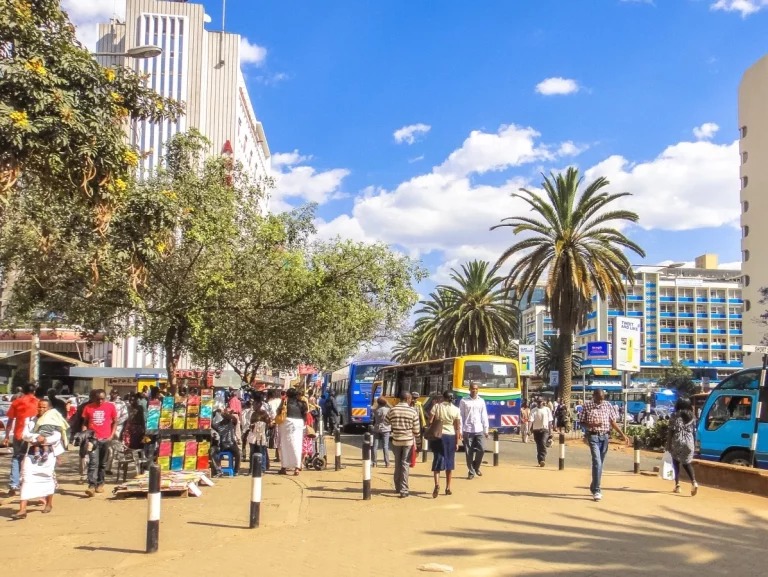
AgriSCALE
AgriSCALE is a joint initiative for reforming agri-entrepreneurship education in Sub-Saharan Africa.

PBL-BioAfrica
PBL-BioAfrica is a collaborative project for strengthening the capacity in bioeconomy HEIs (Higher Education Institutions) in Kenya and Zambia. Reforming bio-entrepreneurship education to meet the needs in working life and to promote entrepreneurship among students and graduates will lead to economic productivity as well as environmental and social sustainability.

TVET@Work
TVET@Work aims to build the capacity of vocational education and training (VET) providers and teachers in Tanzania.